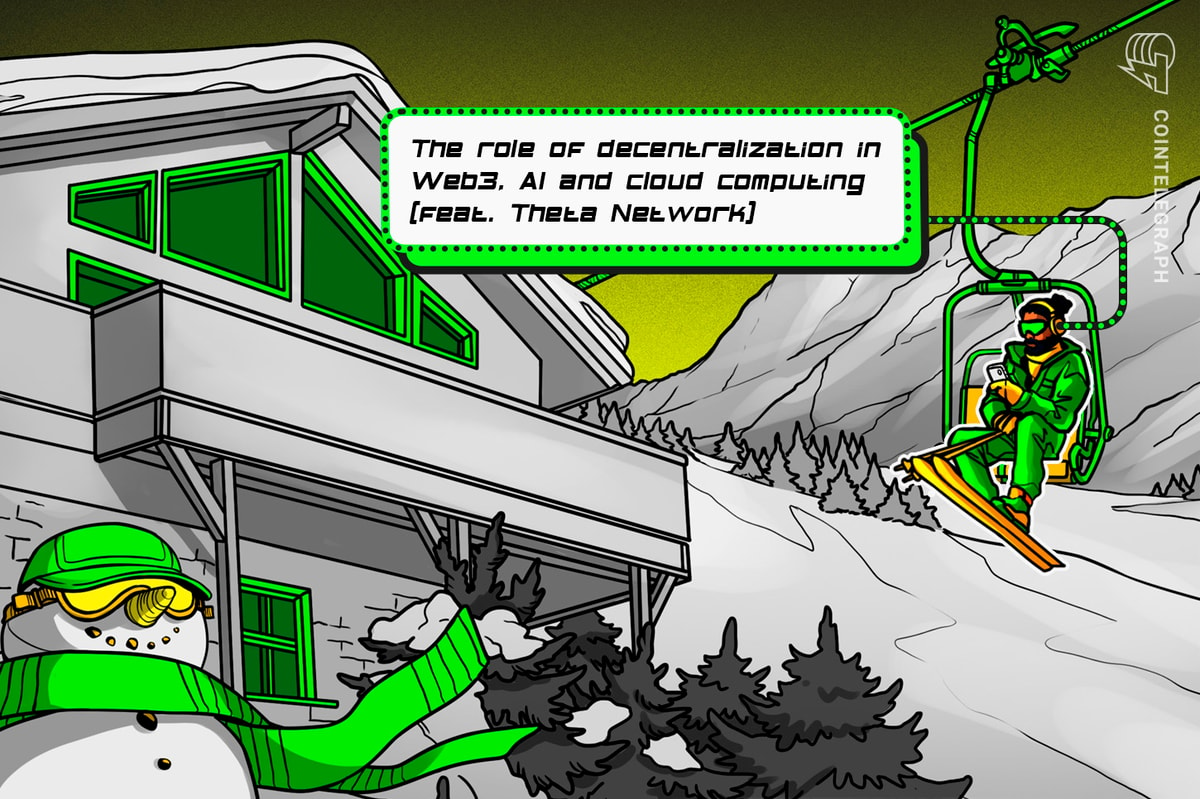
A Princeton University free online course on “Bitcoin and Cryptocurrency Technologies” will be offered by Coursera beginning September 4, 2015.
Coursera is an online education platform for Massive Open Online Courses (MOOCs), which partners with top universities and organizations worldwide, to offer courses online for anyone to take for free. MOOCs give anyone, anywhere, the possibility to acquire a world-class education. Courses include video lectures, exercises and online interaction with teachers and other students. Some courses offer certification as well.
The Princeton Bitcoin course will last six weeks, with the last lecture on November 1, 2015, but students also will be able to follow the video lectures after that date. That’s part of the appeal of MOOCs –students who prefer to learn at their own pace can follow the video lectures asynchronously, when they want, while students who can adapt their schedules to a course’s official timetable have the added benefit of semi-synchronous interaction with the instructors.
“To really understand what is special about Bitcoin, we need to understand how it works at a technical level,” notes the Coursera website. “After this course, you’ll know everything you need to be able to separate fact from fiction when reading claims about Bitcoin and other cryptocurrencies. You’ll have the conceptual foundations you need to engineer secure software that interacts with the Bitcoin network. And you’ll be able to integrate ideas from Bitcoin in your own projects.”
The Freedom to Tinker website, hosted by Princeton’s Center for Information Technology Policy, notes that a preliminary version of the Princeton Bitcoin course has been publicly available since January, with 11 video lectures, lecture notes and exercises, on the Piazza online educational platform. The new Coursera version includes new lectures, embedded quizzes to test the students’ understanding, and a wider community of students to discuss the lectures with. About 15,000 students already have signed up, and the enrollment is growing fast.
The instructors – Arvind Narayanan, Joseph Bonneau, and Edward Felten from Princeton University, and Andrew Miller from The University of Maryland – are completing the course’s textbook, which will be published by Princeton University Press. The draft book chapters will remain freely available online after the publication of the book, but the instructors recommend buying the book.
The Princeton course is clearly aimed at a technically oriented, hands-on audience of programmers and computer scientists.
“How does our textbook (and course) differ from other books on Bitcoin?” wroteNarayanan in the first Princeton announcement in January. “It’s simple: this is unabashedly a computer science text and course. We connect the ideas we discuss to the rest of computer science, and separate fundamental concepts from implementation details. The hype in the Bitcoin community has sometimes gotten ahead of the technology, and we think that for cryptocurrencies to truly realize their potential, entrepreneurs must go back to the basics, rigorously understand the technology and build on it.”
The course will be very useful to Bitcoin entrepreneurs and job seekers wishing to enter the very hot digital currency sector. In fact, banks and Wall Street companies are rushing to enter the Bitcoin space and fishing for top talent in Bitcoin waters, and online Bitcoin job ads are surging to record highs.
In related news, Stanford University is offering a Cyber Security Graduate Certificate focused on computer systems security, including attack protection and prevention, very important skills in the Bitcoin space. The Stanford course is more intense than the Princeton course and is not free.










